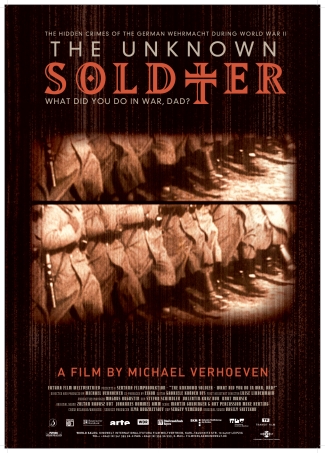This film is, at times, difficult to watch.
Producer/director Michael Verhoeven employs the use of graphic images of atrocities that make one squirm or want to turn away.
It is this liberal use of disaster pornography that drives home the idea of how Jews were treated by the Nazis in World War II.
The central question of the movie is this: to what degree were the common German soldiers culpable in the genocide?
Verhoeven, while apparently on the side of historians who say they were at least as guilty as their superiors, allows time for those who claim they were innocent.
A fact brought up by one of the historians is that there were little or no ramifications for those who refused to participate in mass killings.
But Verhoeven never gets a definite answer which makes this film compelling.
Is it possible that the average German soldier, perhaps a model citizen and family man, was capable of committing such crimes against humanity?

"The Unknown Soldier" starts off with interviews of people attending an exhibit in Munich in 1997 that set out to show the culpability of those in the lower ranks as well as the higher-ups.
Verhoeven takes the time to listen to all sides and allows his subjects to speak with passion.
The result: a cross-section of modern German thought about the role of German soldiers, from those who believe in their total innocence to those ashamed for taking part in the brutality.
Viewers beware: unrated, this film shows shocking images of cruelty.
"The Unknown Soldier" is available on DVD.
Murphy can be reached at [email protected]